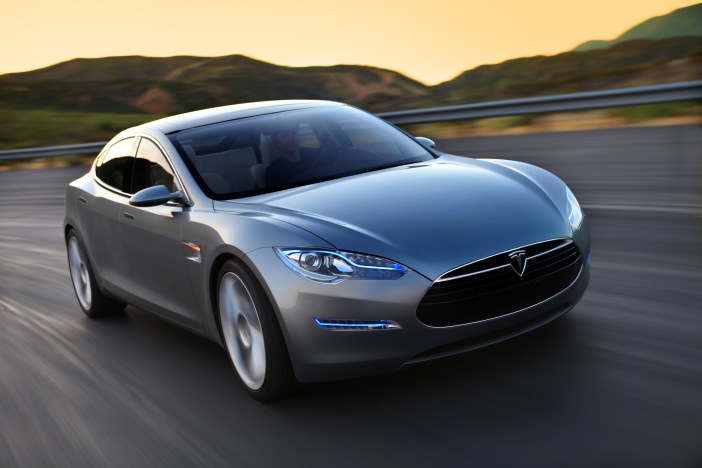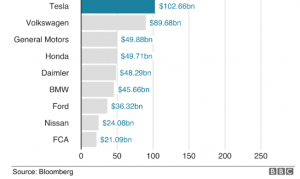78 5.1 Why It Matters: Ethics and Social Responsibility
Why learn about ethics?
Generally speaking, students believe that there are two primary reasons to act ethically:
- Acting ethically is the right thing to do from a moral perspective;
- If you act unethically, then you might get caught and be punished.
Businesses need to make decisions in order to act. How are those decisions guided? Laws or regulations are the constraints and considerations that define what a business can do (is allowed to do) and must do (by law) to operate within an industry, geography or jurisdiction. Since businesse have legal and ethical considerations, then so do marketers within those businesss. Business ethics are what companies and individuals within them should do. Ethics and laws are linked within a society by creating standards and rules that affect many stakeholders. Business ethics is the social obligations a business has to its stakeholders including; employees, customers, institutions, shareholders, and communities. Under the umbrella of business ethics, Corporate Social Responsibility (CSR) began to emerge in the 1950s and took hold as a brand consideration and management concept in the 1970s with a narrow focus on what a company’s social obligations are. It was difficult to determine if they followed through as CSR is self-regulated. CSR has evolved to Environmental Social Governance (ESG) which holds companies to account for not just their intentions but measures their impact. ESG has direct implications on a company’s access to capital as well as brand value.
In most cases strong ethical behavior leads to strong business results. Behaving ethically is actually good business. Let’s look at two different auto companies whose track records on ethical behavior have had very different outcomes.
Tesla and Social Responsibility

Tesla, Inc. was founded in 2003 by a group of engineers who wanted to prove that electric cars could be better than gasoline-powered cars. They hoped to build cars that wouldn’t require the tradeoffs in power and comfort of electric cars in the past. The founders pledged that each new generation of cars would be increasingly affordable, helping the company work toward its mission: “to accelerate the world’s transition to sustainable energy.”[1]
In order to design and build luxury electric cars, Tesla invented a number of new technologies that it patented in order to protect its competitive advantage. In June 2014 the company announced that it was releasing access to all of its patents, making its technological advances open to competitors and inventors. In the announcement, company CEO Elon Musk said, “Tesla Motors was created to accelerate the advent of sustainable transport. If we clear a path to the creation of compelling electric vehicles, but then lay intellectual property land mines behind us to inhibit others, we are acting in a manner contrary to that goal. Tesla will not initiate patent lawsuits against anyone who, in good faith, wants to use our technology.”[2]
Tesla has a mission with an emphasis on social responsibility; it strives to develop products that have both a societal and economic benefit. Industry analysts and consumers alike see this as a distinct advantage in the marketplace. Investment analyst Seeking Alpha explains:
Companies like Toyota Motor and Honda are already pushing for gas-less cars and more and more efficiency from their cars. Tesla is not single-handedly pushing this, but it is part of the overall push to improve one of the most important aspects of our country—how we envision the car. Yet, the company extends beyond this—challenging how we vision luxury, how we understand how to build a car, and what the future electric grid could look like.[3]
Volkswagen and Ethical Behavior

The car company Volkswagen (which is part of the larger Volkswagen Group) does not have a formal mission statement, but its goal is “to offer attractive, safe, and environmentally sound vehicles that can compete in an increasingly tough market and set world standards in their respective class.”[4]
In September 2015, the U.S. Environmental Protection Agency announced that Volkswagen had installed special software in its cars to manipulate emissions levels (making it appear that the cars are less polluting than they are). A week later Volkswagen disclosed that 11 million diesel vehicles contained the devices, and CEO Martin Winterkorn resigned. The price of Volkswagen stock plunged—losing 30 percent of its value overnight—and the company scrambled to understand what had happened and control the damage to its reputation.
In the months following the discovery of the deceptive devices, investigators identified a team of Volkswagen employees who had hatched the plan and implemented it over a number of years. An internal evaluation identified a “culture of tolerance” for rule-breaking at the company. It also came to light that Volkswagen’s emphasis on “results at any cost” had contributed to the breach in ethical standards. Industry experts believe that the company’s violation of consumers’ trust will be exceedingly difficult to repair and that it may take years to rebuild the Volkswagen brand.
Good Guys Can Finish First
In 2020, Tesla was the largest automobile company in the world, with a value larger than GM, Ford and FIAT and combined with a side hustle on some intergalactic travel.[5]

- “About Tesla,” Tesla, accessed September 23, 2019, https://www.tesla.com/about ↵
- Musk, Elon. “All Our Patent Are Belong To You,” Tesla, June 12, 2014, https://www.tesla.com/blog/all-our-patent-are-belong-you. ↵
- “Tesla: Social Responsibility Scorecard Shows Strengths And Weaknesses,” Seeking Alpha, Jan 6, 2015, https://seekingalpha.com/article/2801365-tesla-social-responsibility-scorecard-shows-strengths-and-weaknesses. ↵
- Jurevicius, Ovidijus. “Mission statement of Volkswagen,” Strategic Management Insight, September 14, 2013, https://www.strategicmanagementinsight.com/mission-statements/volkswagen-mission-statement.html. ↵
- Dey, Esha. "Tesla Adds 14 Billion A day To Valuation As Big Money Dives In," Bloomberg. July 6, 2020, https://www.bloomberg.com/news/articles/2020-07-06/tesla-adds-14-billion-a-day-to-valuation-as-big-money-dives-in ↵

